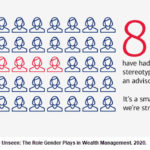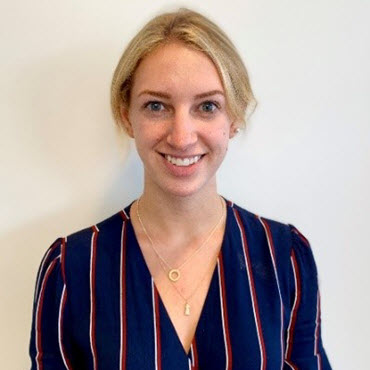
“The fastest way to change society is to mobilize the women of the world.” – Charles Malik
I think I speak for all of us when I say that after 2020, the word “unprecedented” deserves an early retirement. With that in mind, forgive me when I say that this past year has shown us unprecedented changes in so many areas of our life. In fact, I may even call the events of such a year “groundbreaking” and “tide-turning,” especially when it comes to their impact on women.
While the negative impact of COVID-19 on women in the workforce is undeniable, women all over the world also have witnessed an avalanche of upward mobility and shifting sentiment that has reached even the highest offices of government. We have our first female Vice President in Kamala Harris, and we watched Jacinda Ardern lead her country successfully through a pandemic. Even in difficult times, all over the world, female leaders and change-makers have persisted in their fight to see their dreams for other females realized.
As a student of anthropology, I was taught to observe without interference and to absorb the world around me and report my findings neatly, hoping that someone with power and authority may take notice of them. Now, as an engaged qualitative researcher watching admirable women make their voices heard every day, I find that unobtrusive observation no longer satisfies.
I’ve been proud and privileged to take part in research at Escalent that has addressed challenging questions head-on and allowed me to make my voice heard in a truly meaningful way. As Merrill said in its recent gender equality work, women are “owning it,” and I am glad to count myself among them.
The key to our collective continuing success—to making ourselves heard—is our ability to grapple with difficult topics and apply our considerable brain power and strength as women to addressing and improving the challenges facing our world.
To address those difficult questions, we as researchers must continually push the traditional limits of qualitative work and find innovative ways to understand increasingly complex topics. As one of the senior qualitative researchers on Merrill’s gender equality work, I was able to put my anthropological training to good use through in-depth ethnographic analysis, working with other researchers and academics to develop a system of behavioral coding that allowed us to take a magnifying glass to the often unseen behaviors that affect women investors.
 To do this, we reviewed literature and compiled a list of fifty behaviors that can indicate bias (interruptions, eye-rolling, etc.). Then with this list, we created a tracking document that laid out all of the behaviors alongside spaces to note if and when we saw them, what they looked like and what the absence of these behaviors looked like, when appropriate. After completing our fieldwork, the Escalent team spent several weeks rewatching each and every interview at half-speed and filling in our tracking document. We noted whether an advisor shook hands with both members of a couple, whether investors glanced at their watch multiple times during a meeting, whether verbal interruptions occurred, and more. Finally, after we carefully examined all interviews for these behaviors, we qualitatively scored each advisor on his or her level of observable bias.
To do this, we reviewed literature and compiled a list of fifty behaviors that can indicate bias (interruptions, eye-rolling, etc.). Then with this list, we created a tracking document that laid out all of the behaviors alongside spaces to note if and when we saw them, what they looked like and what the absence of these behaviors looked like, when appropriate. After completing our fieldwork, the Escalent team spent several weeks rewatching each and every interview at half-speed and filling in our tracking document. We noted whether an advisor shook hands with both members of a couple, whether investors glanced at their watch multiple times during a meeting, whether verbal interruptions occurred, and more. Finally, after we carefully examined all interviews for these behaviors, we qualitatively scored each advisor on his or her level of observable bias.
In other recent work, I have collaborated with fellow qualitative researchers (or qualies, as we fondly call ourselves) to closely look at the intricate systems of meaning in which people develop and work toward their most personal and meaningful financial goals. Using frameworks such as Clayton Christensen’s Jobs to Be Done, Escalent identified the fundamental human needs that drive financial decision-making and worked with clients to pinpoint target areas where we can help people meet their financial goals and realize those deeper needs.
An essential part of my work is and will continue to be the ability to foster collaboration among teams to lead to real changes in people’s lives. Given the physical limitations of in-person gathering this and last year, this has been an especially challenging proposition. Despite that challenge, I have helped lead innovation workshops that make use of new virtual “workspaces” that allow my team and our clients the freedom and ability to brainstorm and visualize the future of financial services.
Seeing the impact women have had around the world in the past year has pushed me to make the most of my position—to leave behind unobtrusive observation fully in favor of meaningful action. Qualitative research gives me the ability to face our changing world armed with the most powerful tools: knowledge and understanding. We women of the word must mobilize—our time is now!
Click below and send us a note to talk about how our innovative qualitative techniques partnered with our deep industry expertise can guide you through disruption to move your firm up and to the right.









